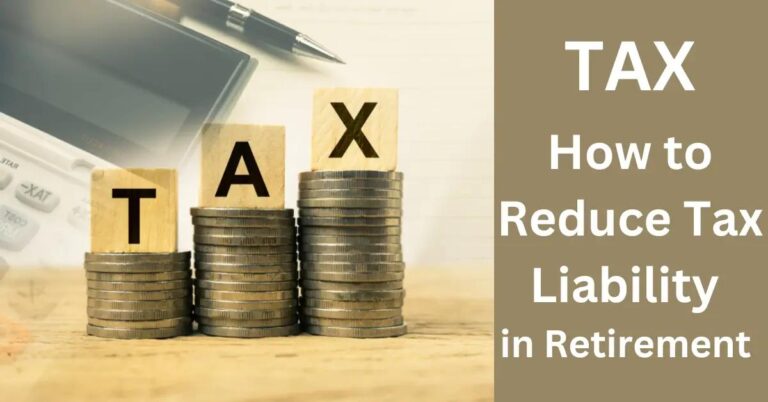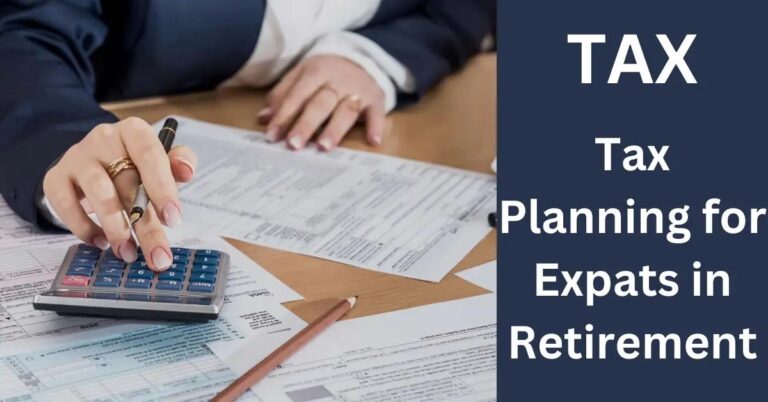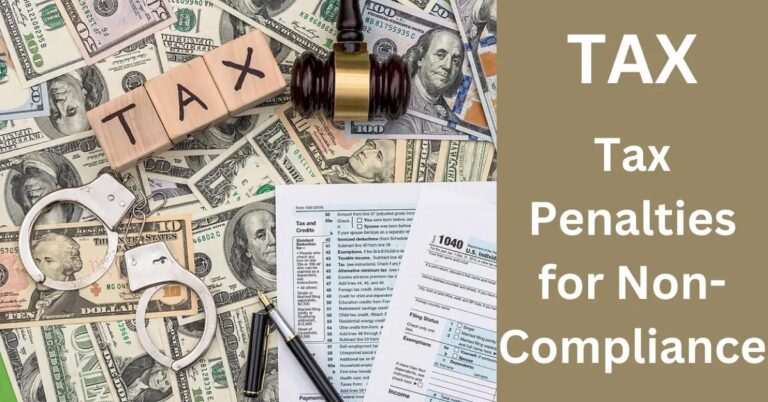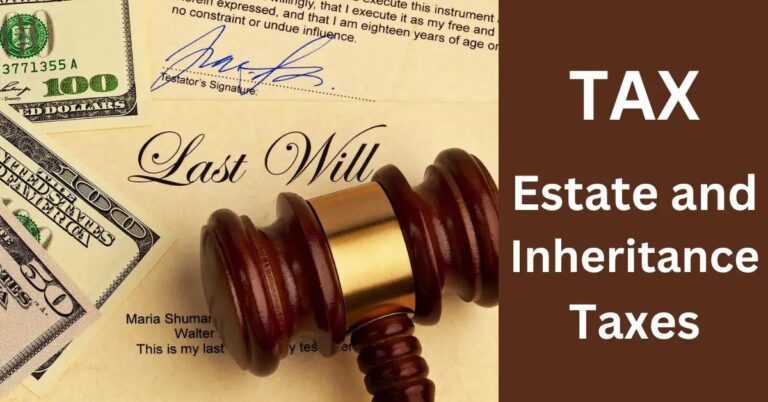TL;DR:
- Retirement income is taxed differently at federal and state levels; avoid double taxation with smart withdrawal strategies.
- Use tax-efficient withdrawals and consider Roth IRAs for tax-free later life withdrawals.
- Study tax brackets; lower income brackets mean less tax.
- Use tax treaties to avoid double taxation for retirees abroad.
- Always plan retirement income by understanding cross-border tax treaties.
- Strategic use of Roth IRAs and 401(k) distributions minimizes tax; convert IRAs with an upfront tax cost.
- Tax-deferred accounts delay taxes, boost savings, and require strategic tapping to balance taxable income.
- Early withdrawals may incur penalties; plan to avoid unnecessary losses.
- Consult tax experts on cross-border income management and leverage tax treaties to reduce taxes.
Double taxation in retirement can drain your hard-earned savings. When you retire abroad, navigating tax rules becomes even trickier. Many fear paying taxes twice on their pensions. But, don't worry—I’m here to help! Discover the tricks for tax-efficient planning and learn to maximize your income. From understanding tax treaties to using smart strategies, I'll guide you through avoiding double taxation hurdles. Ready to keep more in your pocket? Let's dive in!
Maximizing Tax Efficiency for Retirement Income
Do you pay taxes twice on retirement income? No, not typically. Still, it feels like it. Here's how to navigate. Retirement income can be taxed in different ways at both federal and state levels. It’s important to understand where your money comes from: pensions, investments, or Social Security. Each source follows unique tax rules.
How can we stop double taxation? Avoid it by using smart strategies. Use tax-efficient withdrawals from retirement accounts. This means pulling money in a way that keeps your taxes low. Imagine having multiple piggy banks. Each has different rules. You need to know when and how much to take from each to save the most on taxes.
To do this, study tax brackets. In retirement, your income might be lower. Lower income means a lower bracket. Timing withdrawals to stay in a lower bracket boosts savings. Think of it like riding waves—catching the right one saves you from extra costs.
What are the ways to eliminate double taxation? You need to manage your taxable income well. Use options like a Roth IRA. These allow tax-free withdrawals later. Consider converting some savings to Roth accounts. It’s like paying for a ticket today to get free rides later.
Social Security benefits also have tax tricks. They can be taxed up to 85%. However, if your income stays below certain levels, taxes decrease. Imagine it's a faucet. Keep the flow slow, and the spillover—your tax—lessens.
Lastly, plan yearly to adjust your strategies. Tax laws change, as do your needs. Knowing the ins and outs of your retirement income stream can save money. Look at it as a toolkit. When used well, each tool works to keep your money safe from unnecessary taxes. This link to IRS resources can help with more insights.
Utilizing Tax Treaties and International Agreements
Double taxation can mean paying taxes twice on the same retirement income. It's a worry for many retirees living abroad. But you can avoid this through tax treaties. These treaties are agreements between countries to help manage taxes fairly for their citizens.
So, how can you avoid double taxation on foreign income? Use tax treaties! Tax treaties let you pay taxes in only one country. They protect your income from being taxed twice by different countries.
You might ask, "How do I benefit from these treaties?" Well, these agreements often lower taxes and carve out clear rules for what income gets taxed. If you receive a pension from a different country, knowing the treaty benefits can save you a lot of money.
Understanding foreign pension taxes is important. Countries have different rules about how they tax retirement pensions. Some might tax your entire pension. Others might only tax part of it, or none at all.
For retirees with interests in more than one country, dual residency becomes a concern. Dual residency means both countries might want to tax your income. But most tax treaties can help you resolve these issues and prevent being taxed twice.
Cross-border retirement income needs strategic planning. It's not just about paying less tax. You need to know the right steps to take in each country where you have income or assets. This means planning with both countries' tax rules in mind.
Consulting a tax expert who understands international laws can be very helpful. They guide you on using tax treaties and agreements wisely. With good advice, targeted planning, and understanding your treaty rights, you can avoid double taxation and enjoy your retirement income more.
Strategic Use of Tax-Advantaged Accounts in Retirement
A common concern is whether you pay taxes twice on retirement income. Precision, no. However, managing taxes requires planning and understanding. Roth IRA accounts offer tax-free withdrawals if conditions are met. Converting your traditional IRA to a Roth IRA can provide future tax benefits. Keep in mind, Roth IRA conversions have upfront taxes.
Another option to consider is minimizing taxes on 401(k) distributions. Take only what you need, keeping withdrawals in lower tax brackets. Small, strategic withdrawals can avoid pushing your income into higher tax brackets.
Tax-deferred accounts, like traditional IRAs and 401(k)s, delay tax liabilities until withdrawal. This lets investments grow tax-free, increasing your retirement savings.
Early withdrawals from retirement accounts can lead to penalties. Withdrawals before age 59 ½ often incur a 10% penalty on top of income taxes. It's important to plan your retirement income strategy to avoid unnecessary losses.
Balancing taxable and non-taxable income streams helps reduce taxable income. Using both types of accounts can provide flexibility and a balanced approach. Tap your savings strategically to maintain an optimal tax outcome.
Finding the right mix of taxable and tax-free income plans requires careful planning. Not only can you defer taxes, but by growing your investments, you can also effectively delay tax liabilities. Control over your tax scenario allows for smarter tax-efficient retirement planning.
In summary, your strategy should consider Roth IRA conversions, tax-efficient use of 401(k) distributions, and leveraging tax-deferred accounts. A solid tax plan helps you reduce double taxation worries while increasing your retirement security. Proper planning today ensures a more relaxed and prosperous retirement tomorrow.
Conclusion
Prioritize understanding tax laws to keep your retirement income safe. Plan strategically using federal, state, and international tax rules. Understand tax brackets, and leverage tax-efficient accounts, like Roth IRAs, to reduce taxes. Avoid double taxation by familiarizing yourself with tax treaties. Tap into these strategies to protect your retirement funds from unnecessary tax bites. The path to a tax-efficient retirement involves vigilance, smart planning, and continuous learning. Tailor these strategies to fit your unique situation and ensure a secure financial future. With these insights, maximize income and minimize taxes throughout retirement.












